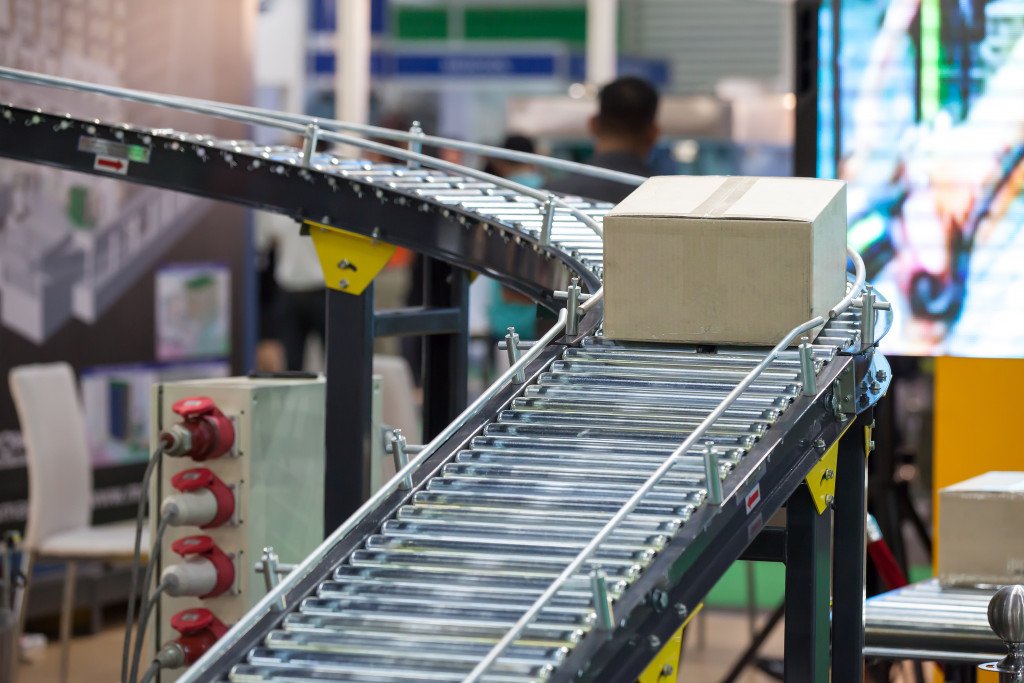Looking back, we could see how big of a change there is in how manufacturing businesses operate. Thanks to modern technologies and developments, it paved the way to a more streamlined and easy work model.
In the past, it was usually just a huge number of workers carrying out everyday activities. As we know, manual ways of doing repetitive, mundane, and laborious processes can be time-consuming and could even create some complications.
But these days, more and more tasks are being automated and done efficiently with the help of high-tech equipment and other machines. From the production process of the simplest things like paper to intricate ones like PCB fabrication, almost every process can now be covered by automation.
Automation encompasses the use of robots, computers, and information technology in managing operations and processes. The aim is to provide a more quality and flexible manufacturing process.
Nonetheless, while big names in the manufacturing industry are quick to pick up the value of automation, small players are not that keen yet. In fact, were it not for the COVID-19 pandemic, small businesses would not see the value of automation.
If your business has not considered adopting automation yet in its processes, here are some compelling reasons why you need to.
1. Answer for Labor Shortage
Contrary to what we realize, many manufacturing businesses encounter labor shortages, especially for those unskilled processes. A lot of manufacturing operations involve mundane, repetitive tasks that bore employees eventually.
The turnover rate among manufacturing employers is a real problem. Not with many unskilled workers reaching retirement age, it can be difficult looking for a replacement.
Nonetheless, automation can help alleviate problems when it comes to the labor shortage. There is plenty of equipment and pieces of machinery these days that could handle repetitive jobs no one likes.
2. Optimize Workers’ Safety
Every manufacturing company has a different process, largely depending on the nature of the goods they produce. Though almost every small and mid-sized manufacturing business does rely on machines for the bulk of the operation, there are some aspects of the whole process where manpower is needed.
When you choose to automate tasks, especially those relatively dangerous processes, you lessen the likelihood of injuries and accidents happening in the workplace. Employees now become supervisors and no longer are required to do manual handling of these operations.
Choosing automation ensures your manufacturing business maintains a safe and risk-free environment while complying with government regulations.
3. Boost Production Capacity
One of the downsides of manual processes in the manufacturing industry is speed or accuracy. Humans have limitations, and labor laws standards allow employees to work only for a limited number of hours.
However, choosing to automate means production and operation can continue working 24/7 without any breaks or human interaction.
Automated robots do not get bored, making them the best option to handle repetitive, boring tasks. Though they might need human supervision from time to time, the upsides still outweigh the negative ones.

4. Reduce Overhead Costs
It is a common misconception, particularly among small manufacturing businesses, to equate automated systems with huge expenses.
While it may be true that you have to shell out a lot of cash to get the equipment up and running, once it is there working, you will see how more streamlined things are and stress-free.
You no longer have to rely on your workers to ensure accuracy and speed in the whole production process. Majorly spending once to get your system automated is much better than having to spend now and then for tentative employees.
5. Improve Product Quality
In today’s competitive business arena, quality matters a lot. Otherwise, your business will not survive. But providing quality products also means spending more on their production. While it may be difficult for small manufacturing businesses to be this competitive, automated equipment these days are a lot more affordable than before.
Automating procedures in your manufacturing processes results not only in improving quality and reducing production costs, but it also results in the following additional advantages:
Streamlined rework management;
Reduced rejects and scraps;
Streamlining the process of gaining and maintaining ISO certification.
6. Minimize or Reduce Waste
Reducing and even eliminating waste is an ongoing problem for a lot of manufacturing businesses. With automation, though, using computers and machines, tasks can be done more accurately, faster, and without error — and if there is, it is only minimal.
Automation can provide a more accurate inventory, reduce scrap and rework in production operation, and even helps reduce paper wastage.
The benefits of automation do not only extend to your business’s bottom line. Embracing automation also benefits your employees when it comes to safety and better working conditions. It also results in better customer service, leading to more loyal patrons and a stronger brand name.



